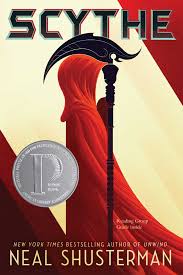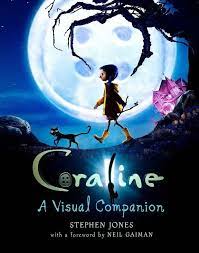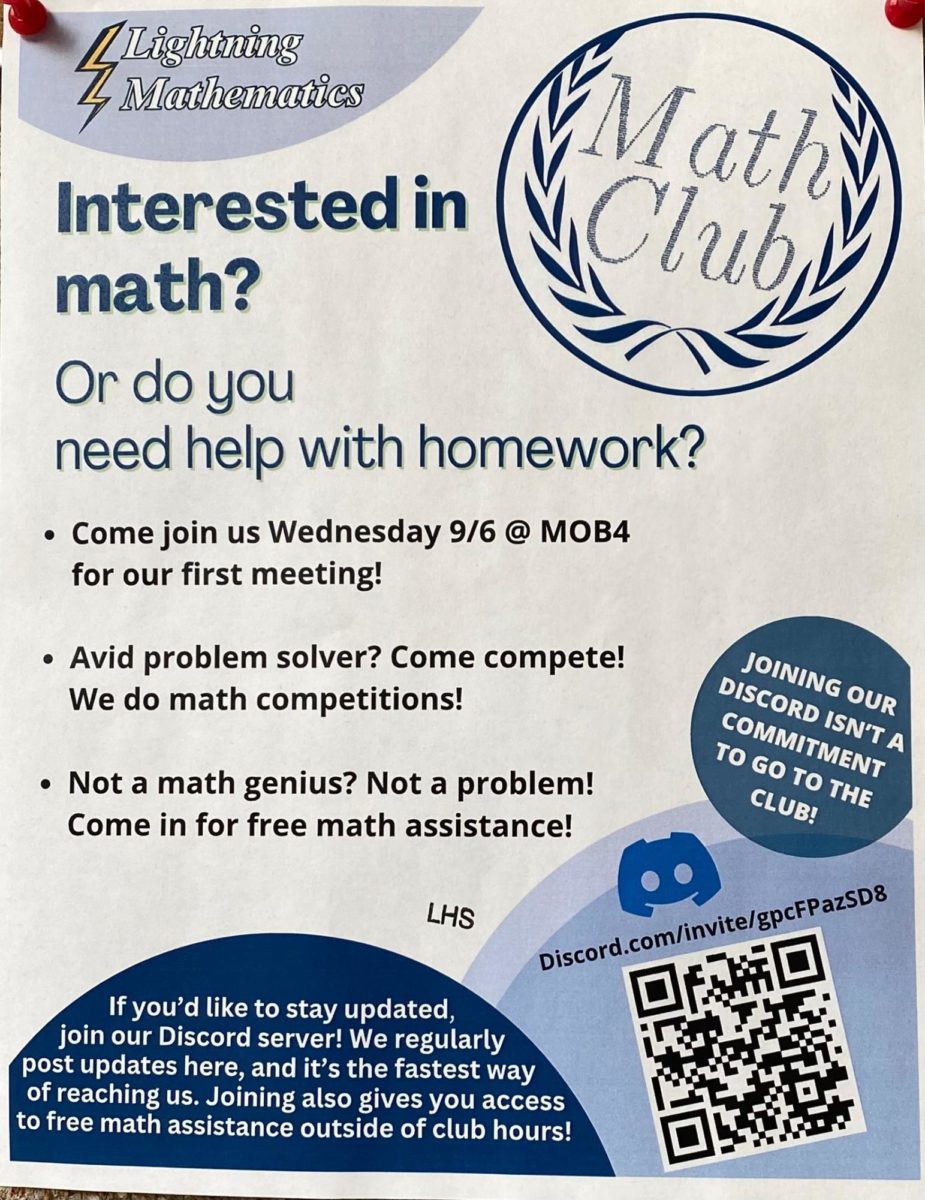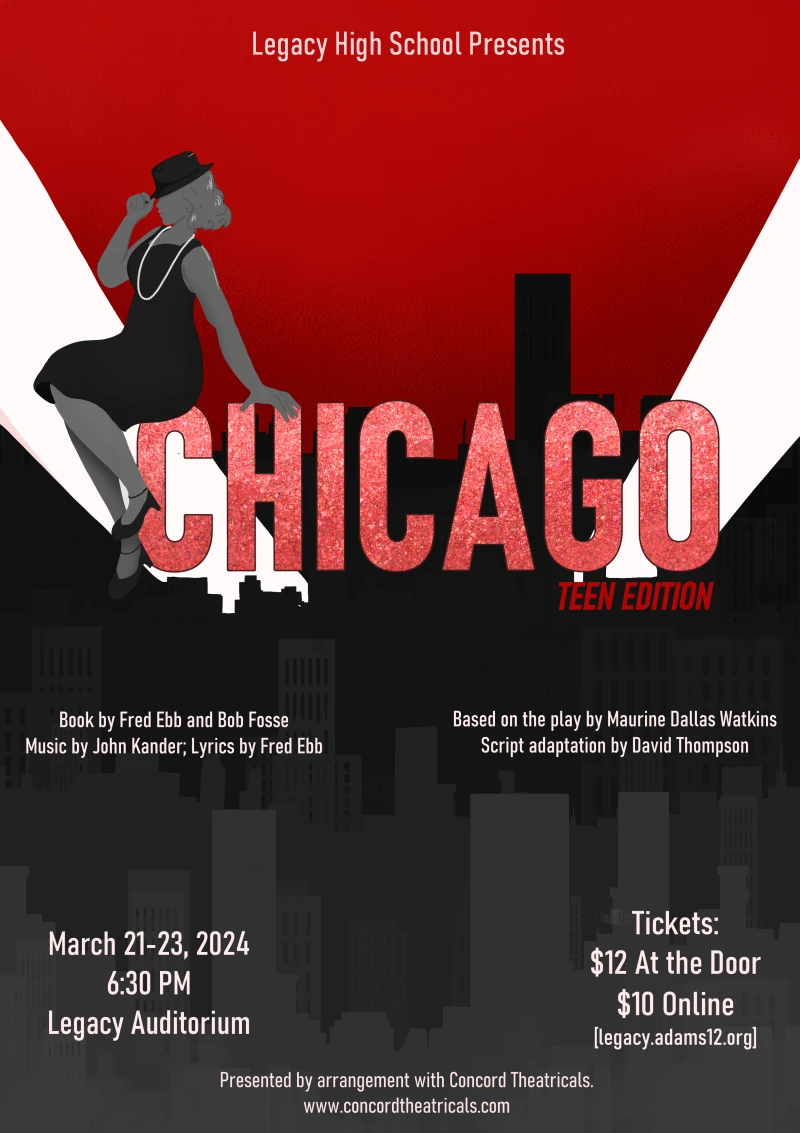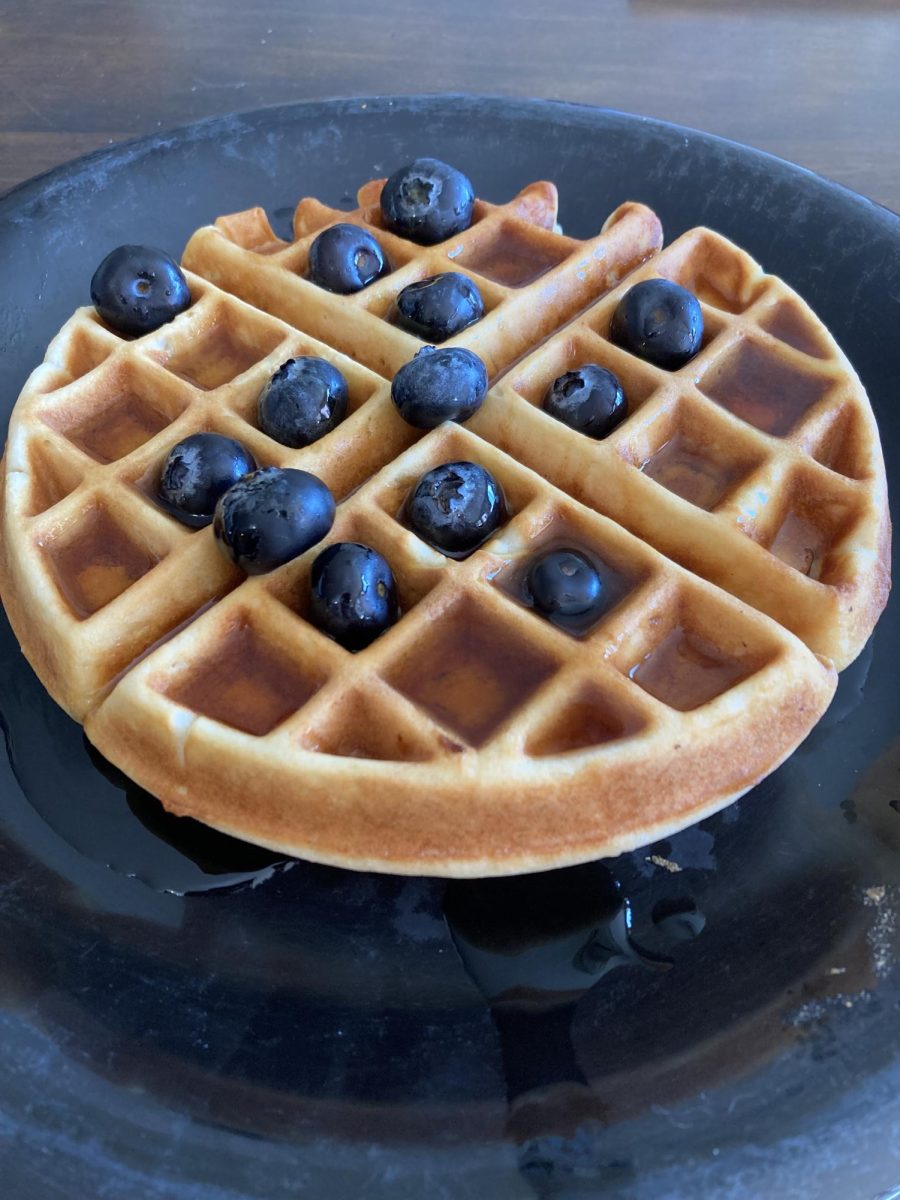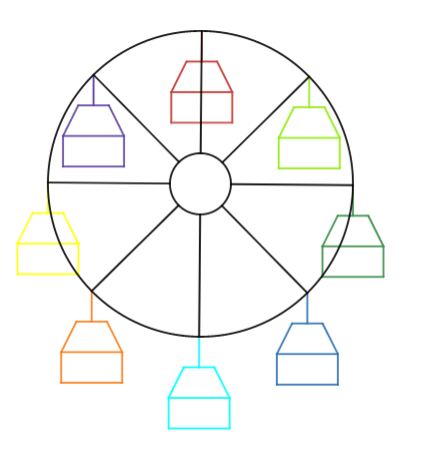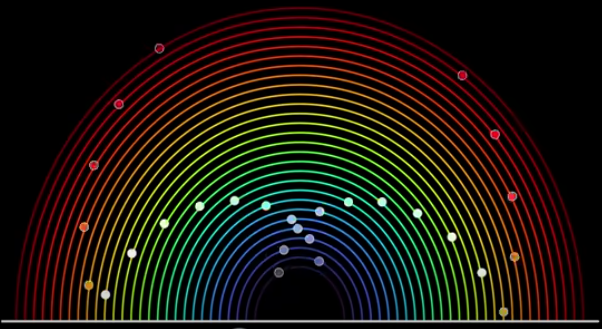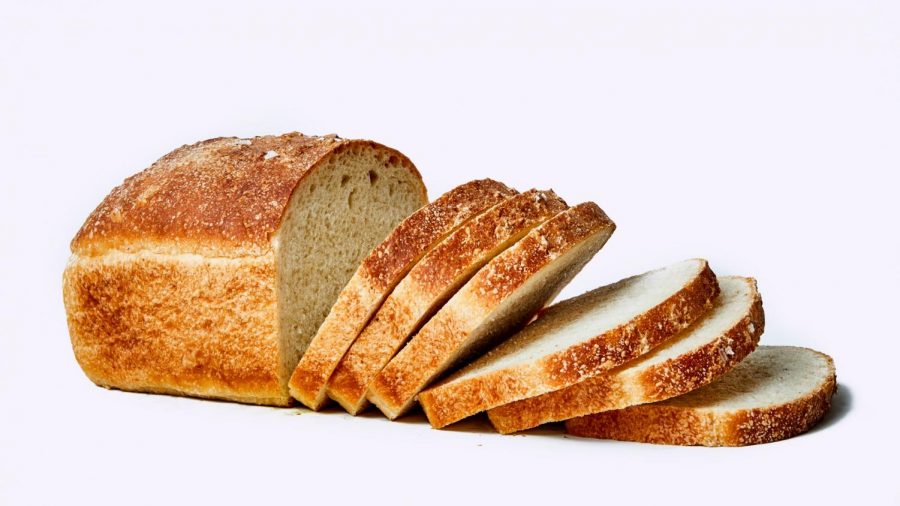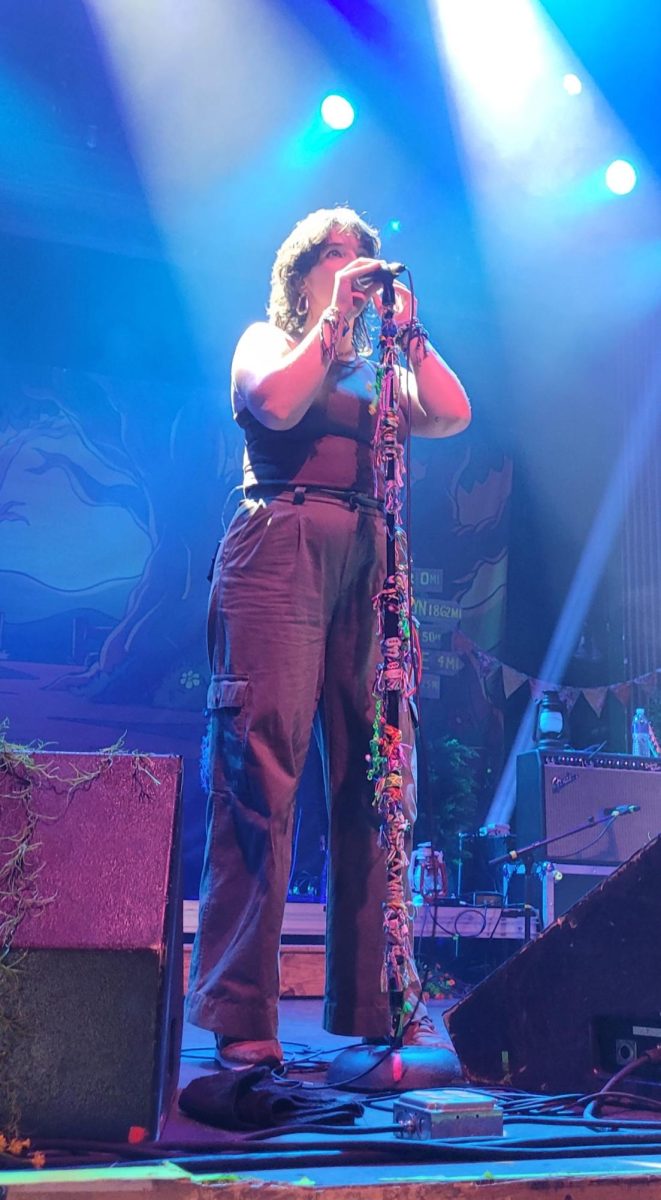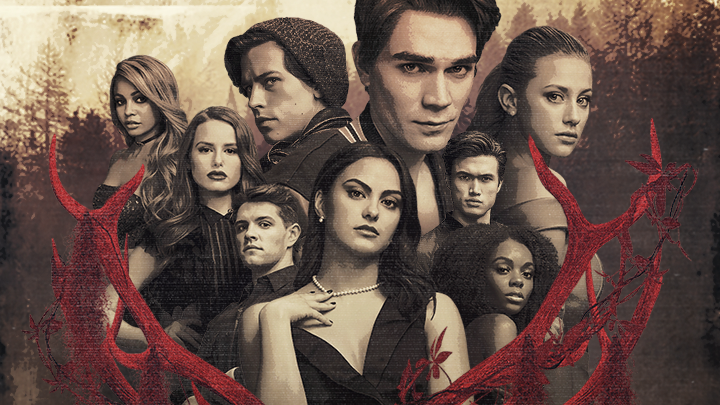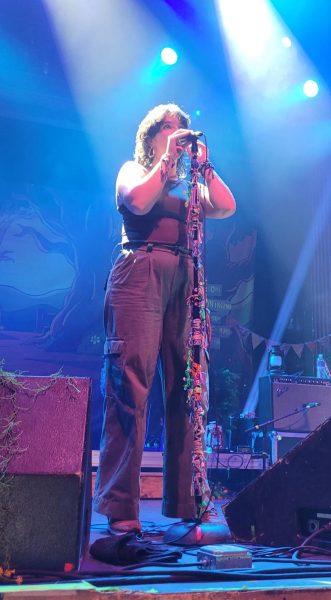Teen TV: A Positive Source of Entertainment or Negative Influence on Impressionable Minds?
February 27, 2019
A recent phenomenon in pop culture has been the resurgence of teen television. Newer shows such as Riverdale and 13 Reasons Why have captivated audiences across the country, but not without criticism. Some of these shows have come under fire for unreasonable portrayals of teen lives, promotion of suicide as a form of revenge, and, the most cardinal crime of all, lazy writing.
Just a quick warning, some small spoilers ahead!
Many current shows are revamped versions of source material from decades past. Riverdale brings to life Archie Comics, originally published in 1939, and 13 Reasons Why was adapted into two seasons from a popular teen book by Jay Asher. However, both shows have extreme differences from the originals, and play to a more dramatic, 21st century audience.
Riverdale specifically is filled with side-plots full of crime, mystery, drugs, and romance, all intriguing to teenage minds. However, the average day-to-day of a Riverdale teen is much different from that a regular high schooler. I’m sure many members of the Legacy community must cross state borders to flee their girlfriend’s murderous father, or run secret teen-centric speakeasies underneath their local diner.
Arguably, this sets a bad example for young minds. Characters they like or look up to could be subtly promoting violence or drug use, two things people typically view as bad influences. It is definitely a reach to say that Riverdale has led to an increase in teen drug use, suicide, or violence, but it’s not something that can be easily ruled out. Seemingly harmless shows like this are desensitizing the younger generation to shocking topics, which could have heightened effects in the future, similar as to how some psychologists think shooting games have led to an uptick in teen gun violence.
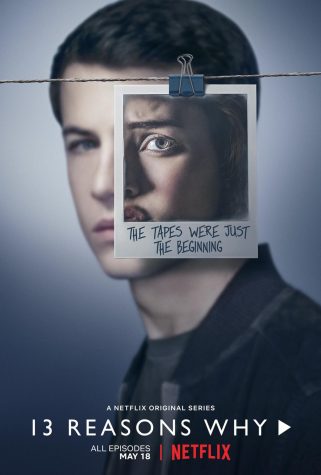
On another note, 13 Reasons Why was intended to shine a light on mental health issues and suicide warning signs, but received incredible amounts of backlash for glorifying suicide rather than bringing awareness. In the show, the main character, Hannah, commits suicide and leaves thirteen cassette tapes, each describing a person/reason for her suicide. This has been seen as a form of revenge, and “placing guilt” on others (which, in some cases, is rightfully so) , which can make suicide seem like a viable option for teens with these issues and people in their lives who have caused them pain and suffering.
Those involved with the show argue the opposite. Producer Selena Gomez notes that it is very graphic and mature, with intense, hard to watch scenes in later episodes. Hannah’s death was also changed from what was originally an overdose, in the book, to self mutilation. The struggle Hannah goes through is immense, and does not seem like “an easy way out” or a form of giving up.
However, two families in California reported that their daughters had taken their own lives in a similar fashion immediately after viewing the show.
On a lighter note, these shows, for some teens, have become somewhat of a guilty pleasure. Personally, I watch some to laugh at poorly written lines, impromptu musical numbers, and ridiculous plotlines. Perhaps, these tv shows serve as a greatly-needed mental break for the over-stressed teenage generation and their ordinary lives.



